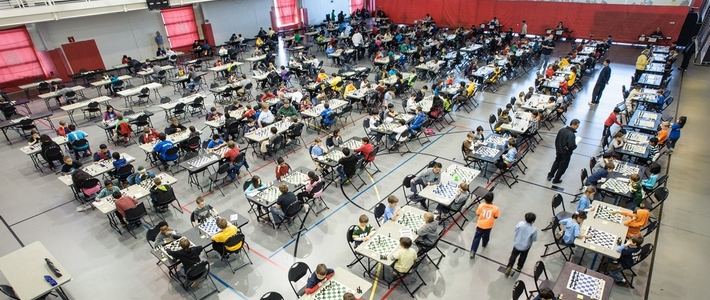Googling “Why chess for kids” gets you over 7,000,000 hits. Here are few.
Chess has been shown to significantly raise reading scores according to a study done by Stuart Margulies, Ph. D, in his research conducted in 1990 to 1992 in District 9 in New York City. I This study is often quoted as the first scientific study of chess raising reading student reading scores.
Dr. Robert C. Ferguson writes in his article, Teachers Guide: Research and Benefits of Chess; “During the 1995-1996 school year, two classrooms were selected in each of five schools. Students (N = 112) were given instruction in chess and reasoning in one classroom in each school. Pupils in the chess program obtained significantly higher reading scores at the end of the year. It should be noted that while students in the chess group took chess lessons, the control group (N = 127) had additional classroom instruction in basic education. The control group teacher was free to use the “chess period” any way he/she wanted, but the period was usually used for reading, math or social studies instruction. The control groups thus had more reading instruction than the chess groups. Even so, the chess groups did better on the reading post-test; therefore, the gains in the chess groups were particularly impressive.
In a 1994-97 Texas study, regular (non-honors) elementary students who participated in a school chess club showed twice the improvement of non-chess players in Reading and Mathematics between third and fifth grades on the Texas Assessment of Academic Skills.
Researchers and educators have questioned what causes this growth. The Venezuelan study claimed: “Chess develops a new form of thinking, and this exercise is what contributes to increase the intelligence quotient.” More recent researchers speculate that it is the growth of new synaptic connections. Chess promotes the growth of dendrites!
Why does chess have this impact? Briefly, there appear to be at least seven significant factors:
- Chess accommodates all modality strengths.
- Chess provides a far greater quantity of problems for practice.
- Chess offers immediate punishments and rewards for problem solving.
- Chess creates a pattern or thinking system that, when used faithfully, breeds success. The chess playing students had become accustomed to looking for more and different alternatives, which resulted in higher scores in fluency and originality.
- Competition. Competition fosters interest, promotes mental alertness, challenges all students, and elicits the highest levels of achievement (Stephan, 1988).
- A learning environment organized around games has a positive affect on students’ attitudes toward learning. This affective dimension acts as a facilitator of cognitive achievement. Instructional gaming is one of the most motivational tools in the good teacher’s repertoire. Children love games. Chess motivates them to become willing problem solvers and spend hours quietly immersed in logical thinking. These same young people often cannot sit still for fifteen minutes in the traditional classroom.
- Chess supplies a variety and quality of problems. As Langen (1992) states: “The problems that arise in the 70-90 positions of the average chess game are, moreover, new. Contexts are familiar, themes repeat, but game positions never do. This makes chess good grist for the problem solving mill.” Laura Sherman writes that chess has immediate life benefits and is great for helping students with attention deficit disorder.
Jerry Meyers writes that chess help students focus, visualize, learn to think ahead, weigh all the options, analyze concretely and juggle multiple consideration simultaneously. All of these skills are used in life situation and are often hard to learn but students learn them automatically after extended months of playing chess.
I http://www.givewell.org/files/Analysis/margulies.pdf
II http://www.quadcitychess.com/benefits_of_chess.html
III http://www.onlinechesslessons.net/2011/10/23/why-does-chess-make-kids-smarter/
IV http://www.chesskids.com/ckapg.pdf


